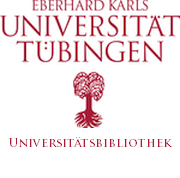Kapitalismus und Demokratie. Zur Gesellschaftstheorie von »Centesimus annus«
DOI:
https://doi.org/10.18156/eug-sh-2011-art-7Abstract
Um die Vorteile von kapitalistisch verfassten Wirtschaften zu nutzen, ohne die ih-nen eigenen Mängel in Kauf nehmen zu müssen, schlägt Centesimus annus als
gesellschaftspolitische Reformidee vor, die Volkswirtschaften unter gesellschaft-
liche, dabei demokratisch vollzogene Kontrolle zu nehmen. Diese Reformidee
hat einen theoretischen Hintergrund, den die Enzyklika mit dem Begriff der ›Sub-
jektivität der Gesellschaft‹ anspricht. Auch wenn in dem Rundschreiben nicht aus-
geführt, kann die sich darin ausdrückende Vorstellung von Gesellschaft gesell-
schaftstheoretisch ausgebaut und von daher auch die Reformidee von Cente-
simus annus plausibilisiert werden.
To be able to use the advantages of capitalist economies without having to accept
their defects, Centesimus annus suggests taking these economies under social and
democratic control. This idea has a theoretical background, approached in the con-
cept of ‹subjectivity of society›. Even if this concept is not explained it can be im-
proved to a social theory; and in doing so the idea of democratic control of econom-
ies can be made plausible.






